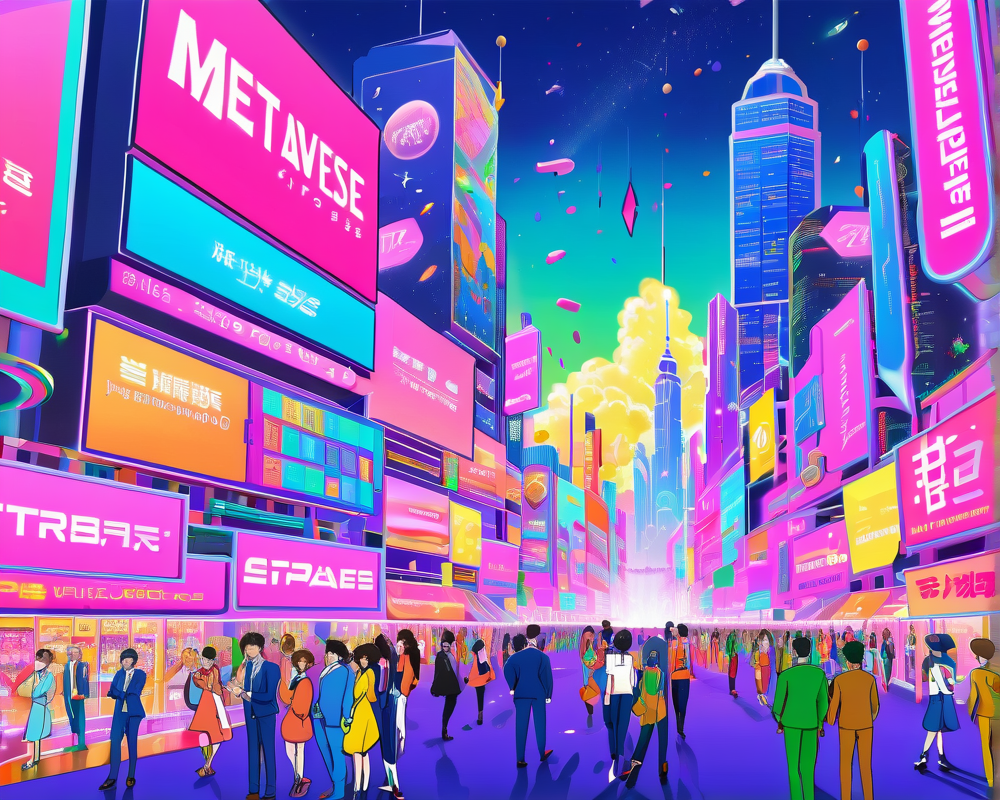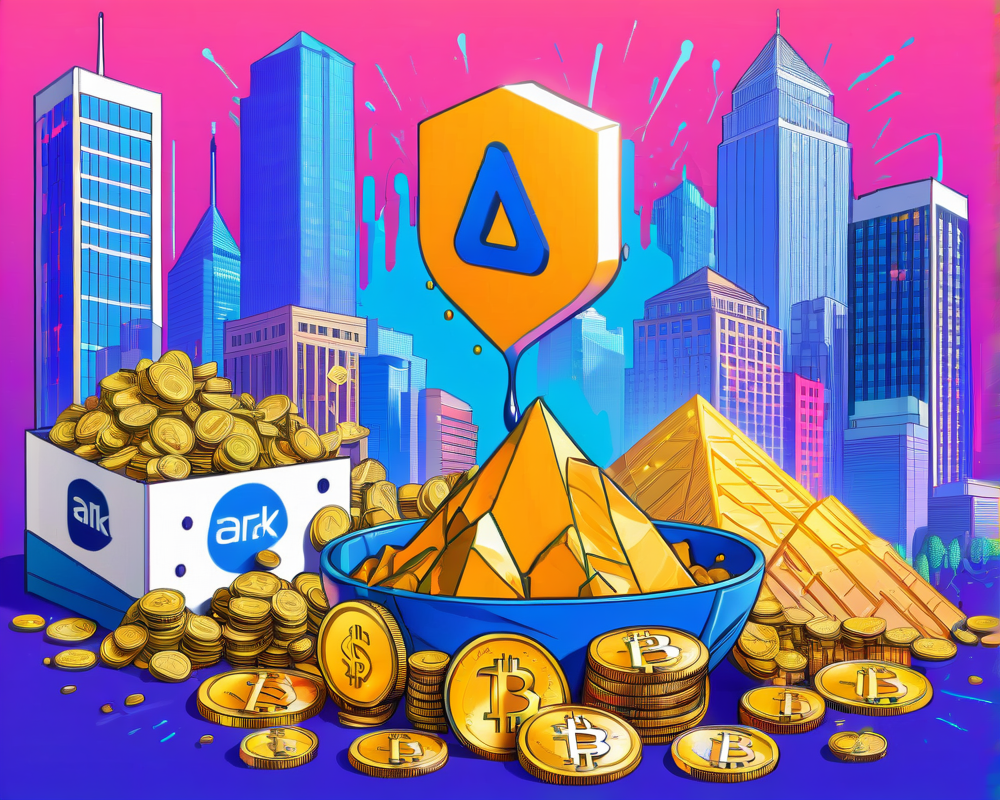The Roots of the Metaverse
Believe it or not, the term ‘metaverse’ first graced the pages of Neil Stephenson’s 1982 cyberpunk novel, Snow Crash. It painted a picture of a virtual refuge from a bleak reality, a theme that still resonates today. Fast forward to the present, and the quest for an immersive digital realm has sparked a frenzied interest, with giants like Meta (formerly Facebook), Apple, and Microsoft diving headfirst into augmented (AR) and virtual reality (VR).
The Race for Metaverse Dominance
In 2014, Meta snagged Oculus VR for a hefty $2 billion—marking the start of a corporate race to create a digital utopia. Meanwhile, tech titans like Sony and Samsung announced their own VR headsets, and Google excited us all with its AR glasses. Apple jumped on the train in 2020 with its lidar technology, enhancing the AR experience. It felt like everyone was sprinting toward the Metaverse finish line, but were they really clear on what they were racing toward?
The Hype versus the Reality
As thrilling as it sounds, the Metaverse hype train hit a bump in the road with the downturn in the crypto market, causing a nosedive in enthusiasm. Google Trends depicts a fall from grace since Jan 2022, reminiscent of a once-popular child star who just can’t find their groove again. Money and interest evaporated, leaving many brands evaluating their Metaverse game plans—looking at you, Tinder!
What’s Holding Back the Metaverse?
Experts like Lili Zhao point out that we’re still in the toddler phase of the Metaverse, with both hardware and software crying for a serious upgrade. The potential is enormous; it just needs a bit of a technological spa day before it can shine. Sandra Helou, from Zilliqa, argues that instead of viewing the Metaverse as a replacement of Web2, we should see it as an enhanced version—a revolutionary evolution, if you will. After all, nobody ever complained when the typewriter fell to the mighty keyboard!
Critics Speak Out
While corporations are throwing cash into this concept like confetti, not everyone is thrilled. Elon Musk and Ethereum’s Vitalik Buterin have expressed skepticism, arguing that these corporate-driven versions of the Metaverse might not hit the mark. They’re warning that what we see today is a pixelated mirage, not the utopia of user-controlled experiences that many envision. There’s a feeling that big players like Meta might be misunderstanding—or misrepresenting—the Metaverse, turning it into an extension of social media instead of a new frontier of engagement.
Glimmers of Hope
Despite the setbacks, not all is doom and gloom. Countries like the UAE are doubling down on the Metaverse and exploring ways to integrate it into their economies—40,000 new jobs and a global metaverse event in Dubai serve as proof. Innovators like Decentraland and The Sandbox are striving for a decentralized ecosystem through the Open Metaverse Alliance. Sean Kelly emphasizes that while there’s no clear victor yet, companies are paving a way for a future intertwined with virtual experiences.
The Road Ahead
So, what does the future hold? For many, the Metaverse is a realm of possibilities—from enthusiastic gamers reveling in virtual worlds to businesses reimagining customer engagement with 3D avatars. As we walk this path, the next iteration of the internet awaits just around the corner, possibly leading us from the chrysalis of today’s primitive concept to the butterfly of tomorrow’s complex reality. So, buckle up!
This ride is far from over.



